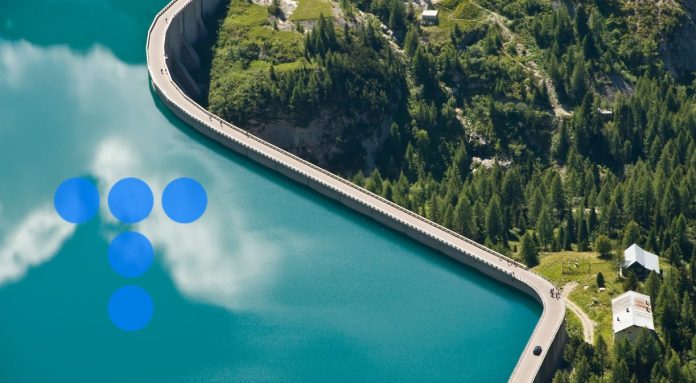We are a little late with this, but it is a sizeable deal, which might also be construed as significant because it is for low-power wide-area (LPWA) connectivity in Spain, in Sigfox’s (other) backyard, and its comes to us in the days after Sigfox’s financial troubles have been laid bare. Spain-based Telefónica, the story goes, is to deploy 130,000 cellular-based NB-IoT smart meters, expanding to 650,000 in three years, to monitor water usage, wastage, and leakage for water utility Canal de Isabel II, which manages the water supplies for Madrid, in Spain.
Canal de Isabel II, owned by the Comunidad de Madrid (Community of Madrid), supplies and distributes water for domestic, commercial, and industrial across a 17,163-kilometre distribution network for around 6.5 million people in the Spanish capital and surrounding areas. Telefónica Tech, the Spanish operator’s digital enterprise unit, is working with local meter-maker Contazara to supply NB-IoT connectivity, smart meters, and IoT management software.
The pair will deploy 130,000 meters for Canal de Isabel II in phase-one of a network-wide IoT upgrade, which will see 650,000 meters integrated NB-IoT over three years. The new meters will allow the utility to collect usage readings remotely. NB-IoT was selected on the grounds it provides connectivity in out-of-reach basements, manholes, and meter rooms. The Contazara modules are battery-powered, and will last 12 years, they claim.
Telefónica Tech reckons smart metering reduces water leaks by 40 percent and operation and maintenance costs by 20 percent; it says customer satisfaction rates are 60 percent higher with connected meters. Meter data will be analysed in the cloud compute functions, and rendered in cloud platforms, and afford further advantages in terms of predictive maintenance, leak detection, and control of unauthorised usage.
Residents in Madrid will go from a bimonthly reading to an hourly reading, providing “much deeper and more accurate” knowledge of their consumption, said Telefónica Tech. “In this way, they will be able to monitor possible anomalous consumption in much greater detail and will have at their disposal comparative consumption patterns and even personalised savings models,” it said.
The Sigfox angle is opportunistic; but the decision by Canal de Isabel II to choose NB-IoT for such a major project is significant for the cellular community, which has been flogging NB-IoT for years without ever attaining the kind of ‘massive’ scale it has continually promised. Spain has been a stronghold of sorts for Sigfox; among other wins, it has a 15-year deal as a cellular (‘0G’) backup in Securitas security alarms, which for years provided most of its scale.
But, along with certain other recent (unconfirmed) hints and whispers from the telco crowd, Telefónica’s deal with Canal de Isabel II is notable, and offers further evidence that NB-IoT, with a sketchy record to date, may just have come of age.
Pascual Fernández, chief executive of Canal de Isabel II, said: “Canal de Isabel II’s ‘smart region plan’ strengthens the leadership of our public company and allows us to advance in two essential lines of our company: proximity to users, offering them more and better services and information, and sustainability, helping us to increase efficiency in the management and exploitation of our most important resource: water”.
Gonzalo Martín-Villa, chief executive of IoT and big data at Telefónica Tech, said: “With this agreement we consolidate our position as leaders in providing NB-IoT connectivity solutions, guaranteeing an open, comprehensive, scalable and secure solution with devices”.
Isaac Navarro, chief executive at Contazara, said: “This project represents the consolidation of the strategy of mass deployment of smart water meters with NB-IoT in Spain – the two most advanced and reliable technologies in the world, positioning Canal de Isabel II, Contazara, and Telefónica Tech at the global forefront of digital and sustainable water management”.

